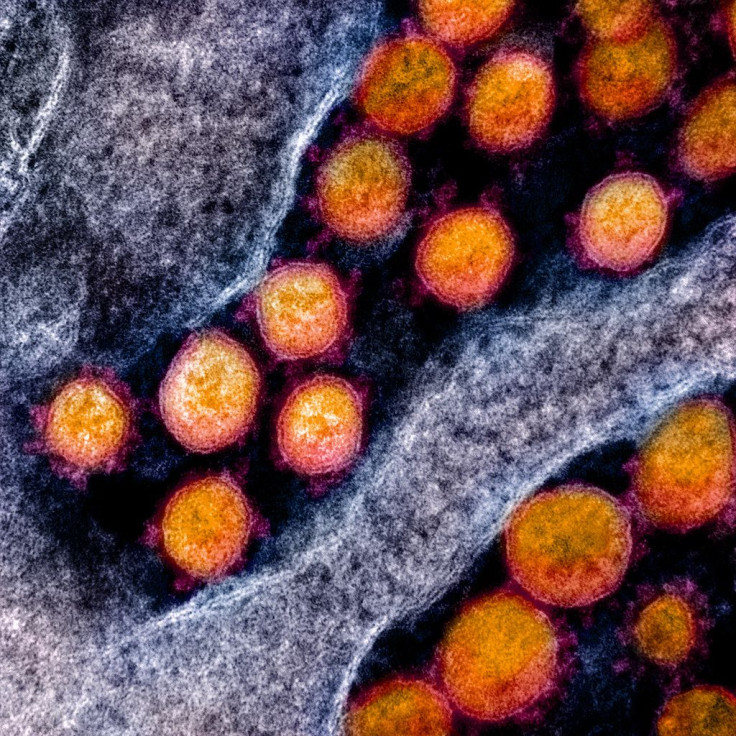COVID-19 Won't Have Influenza's Seasonal Pattern Of Spread: Report
May 12, 2023 06:41 AMBy Kristine Belonio

SARS-CoV-2, the virus that causes Covid-19. NIAID
Instead of a seasonal spread, the novel coronavirus could cause mini-waves in the post-pandemic era.
Nature senior reporter Ewen Callaway predicted earlier this month what the future holds for COVID-19. In a piece published in the British weekly scientific journal, Callaway said SARS-CoV-2 is still not showing signs of settling into a seasonal pattern of spread, like what influenza has.
The former biomedical reporter at New Scientist said COVID-19 infections could rise again with the arrival of new variants. However, he clarified that it won't be the same as the deadly waves witnessed by many countries during the early pandemic days.
"Welcome to the new normal: the 'wavelet' era. Scientists say that explosive, hospital-filling COVID-19 waves are unlikely to return. Instead, countries are starting to see frequent, less deadly waves, characterized by relatively high levels of mostly mild infections and sparked by the relentless churn of new variants," Callaway wrote.
Instead of alarming waves, wavelets won't create dramatic spikes in hospitalizations and deaths. Their effects would also vary between countries depending on the spreading variants and the immunity of their population.
Trevor Bedford, an evolutionary biologist at the Fred Hutchinson Cancer Center in Seattle, Washington, also commented on what should be expected as the world moves forward from the pandemic.
"We haven't slowed down in the last year, and I don't see what factors would cause it to do so at this point. It will be a continually circulating respiratory disease. It may be less seasonal than things we're used to," he was quoted as saying in Callaway's report.
In the U.S., the XBB.1.16 variant, dubbed Arcturus, is the strain believed to be spreading fairly rapidly. The variant of interest makes up more than 11% of cases and is reportedly causing conjunctivitis or pink eye and high fevers in children.
Earlier this week, the World Health Organization (WHO) admitted that COVID-19 remains a global threat even though it announced the week prior that the pandemic was coming to an end. Since the virus continues to evolve and spread, the organization will continue to view it as a public health threat.
"While we're not in the crisis mode, we can't let our guard down," WHO's Dr. Maria Van Kerkhove said.
Published by Medicaldaily.com
